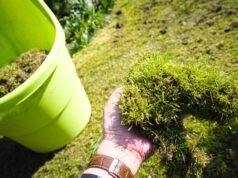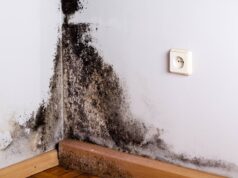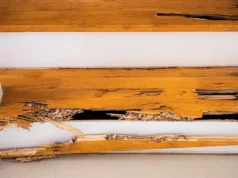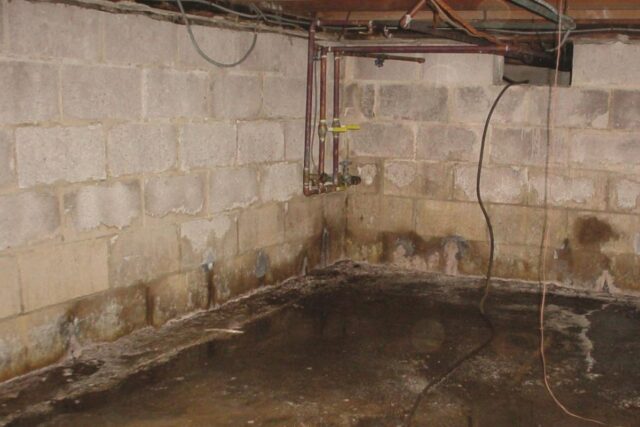
Basement waterproofing plays a crucial role in safeguarding homes from the damaging effects of mold and mildew. By creating a barrier against moisture infiltration, waterproofing systems help prevent the growth of these harmful fungi, which thrive in damp, dark environments like basements.
Mold and mildew not only pose health risks to inhabitants but can also compromise the structural integrity of a building if left unchecked. Therefore, investing in quality basement waterproofing is essential for maintaining a safe and healthy living environment.
In this article, we will explore the importance of basement waterproofing in preventing mold and mildew, and how it can help protect your home in the long run.
Importance of Basement Waterproofing in Preventing Mold and Mildew

One of the key reasons why basement waterproofing is essential in preventing the growth of mold and mildew is that moisture is the primary trigger for their development. Mold and mildew thrive in damp and humid environments, making basements susceptible to their infestation if not properly waterproofed.
By sealing off potential entry points for water infiltration, such as cracks in the foundation or gaps around pipes, basement waterproofing acts as a barrier against moisture penetration. This proactive measure helps to maintain a dry and controlled environment, limiting the conditions favorable for mold and mildew to flourish.
Additionally, waterproofing can also assist in preserving the structural integrity of the basement, preventing costly damages caused by water seepage. Overall, investing in basement waterproofing is not only crucial for maintaining a healthy indoor environment but also for safeguarding the longevity of your property.
Benefits of Proper Basement Waterproofing

Proper basement waterproofing offers a myriad of benefits beyond just preventing mold and mildew. By investing in waterproofing, homeowners can protect their property from water damage, which can help maintain the structural integrity of the foundation.
Additionally, a dry basement creates a healthier environment for the whole family by reducing moisture levels, which can lower the risk of allergies and respiratory issues. Waterproofing also adds value to a home, as a dry basement is more desirable to potential buyers and can increase resale value.
Overall, proper basement waterproofing is a smart investment that can save homeowners money in the long run by preventing costly water damage repairs.
Common Causes of Mold and Mildew in Basements
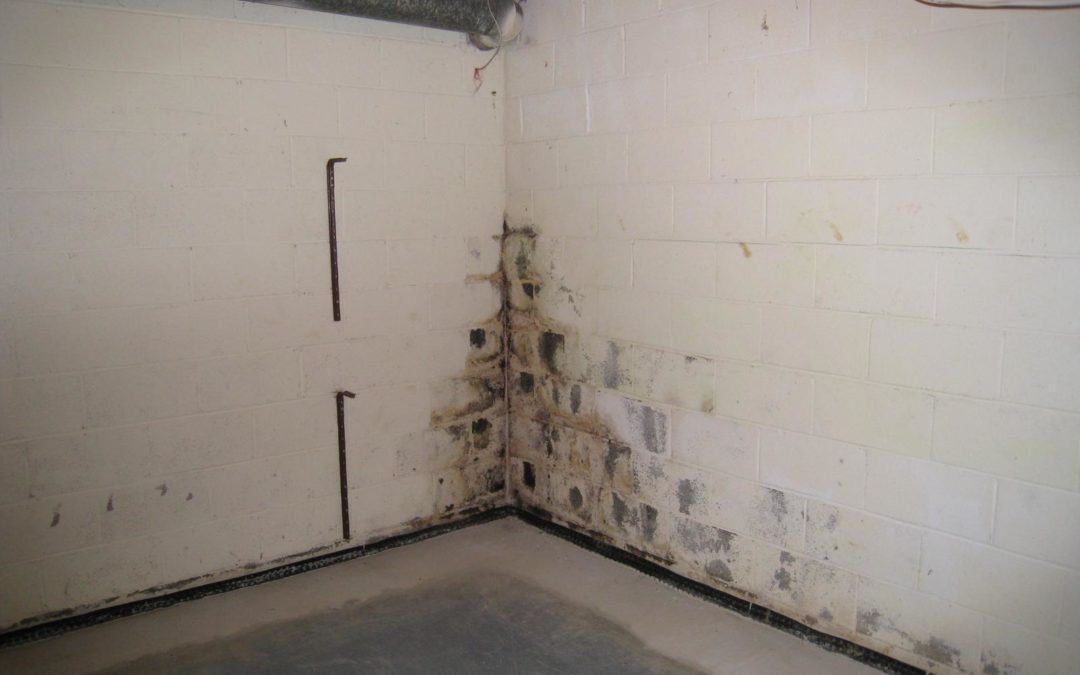
Mold and mildew growth in basements are often caused by excess moisture and poor ventilation. Common sources of moisture include leaks in the foundation or walls, inadequate drainage systems, high humidity levels, and water seepage through cracks or gaps.
When water accumulates in these areas, it creates the perfect breeding ground for mold and mildew to thrive. Lack of proper ventilation can also contribute to the problem, as stagnant air allows moisture to linger and promote mold growth. It is essential to address these issues promptly to prevent further damage to your basement and potential health risks associated with mold and mildew exposure.
Conclusion
In conclusion, basement waterproofing plays a crucial role in preventing mold and mildew growth in homes. By properly sealing and insulating basements, homeowners can effectively protect their property from water damage, humidity, and potential health risks associated with mold and mildew.
Waterproofing foundation walls are essential in maintaining a dry and healthy living environment. Investing in professional waterproofing services is a smart decision that can save homeowners time, money, and hassle in the long run.
Ultimately, a well-sealed basement is key to ensuring the safety and integrity of a home for years to come.



